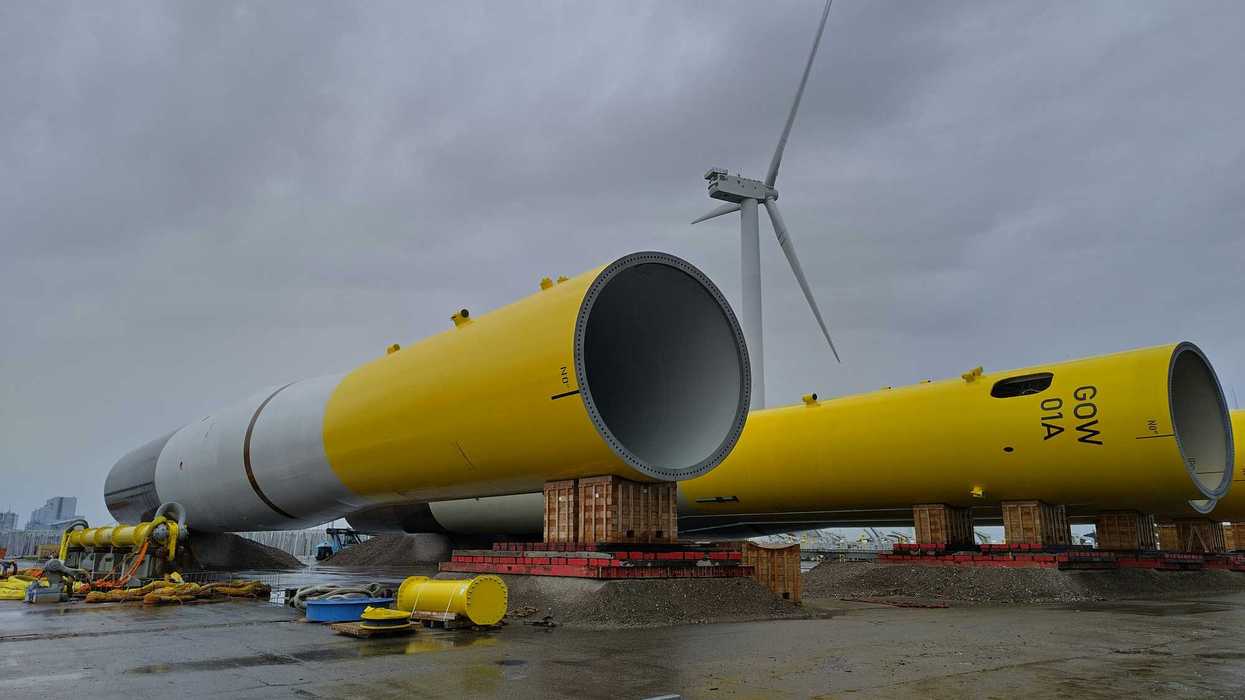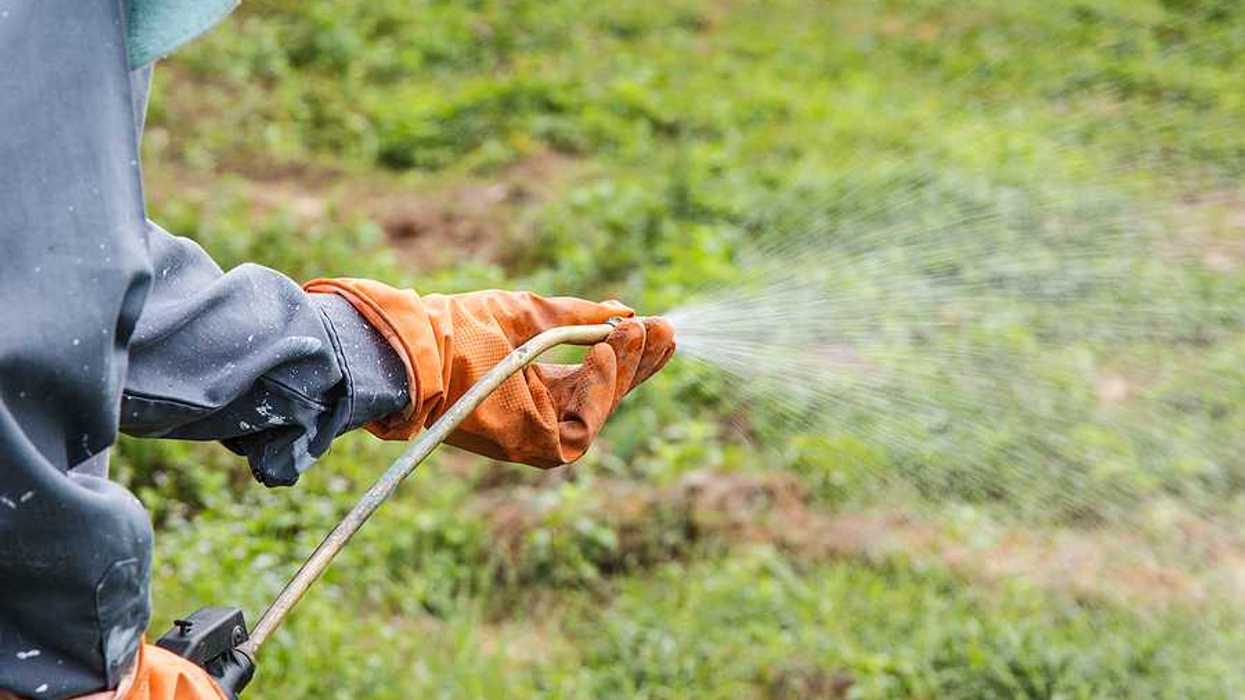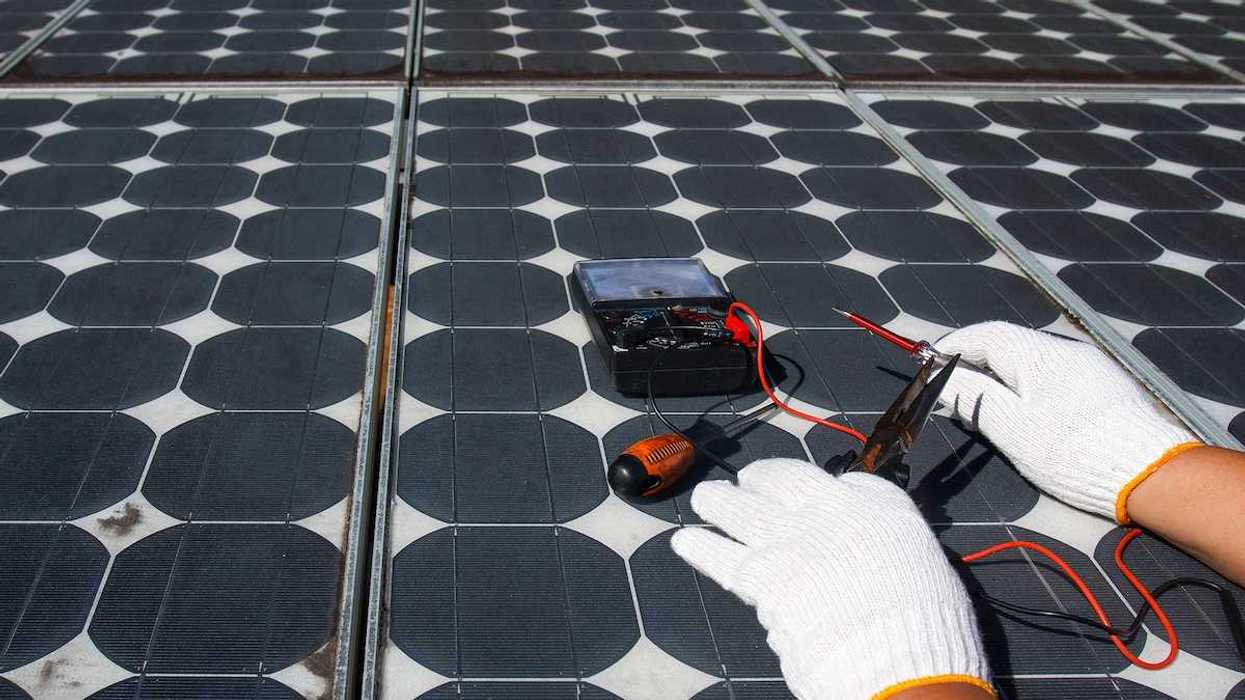REDD+ projects in the Brazilian Amazon are under scrutiny as partnerships with timber companies fined for illegal logging raise doubts about their legitimacy.
Fernanda Wenzel reports for Mongabay.
In short:
- Four REDD+ carbon credit projects in Pará were developed with timber entrepreneurs previously fined for illegal logging.
- Carbonext, Brazil’s largest carbon credit generator, is linked to these projects and to a major fraud investigation in Amazonas state.
- Experts say deforesters see REDD+ projects as a new profit avenue, undermining their environmental credibility.
Key quote:
“When we see that developers are partnering with people who are deforesters, it ends up bringing a certain suspicion to bear on them.”
— Thiago Marrese Scarpellini, federal deputy and chief investigator.
Why this matters:
REDD+ projects aim to protect forests by selling carbon credits, but partnerships with deforesters risk greenwashing. If such projects lack integrity, they fail to reduce deforestation and mislead investors about their environmental impact.














